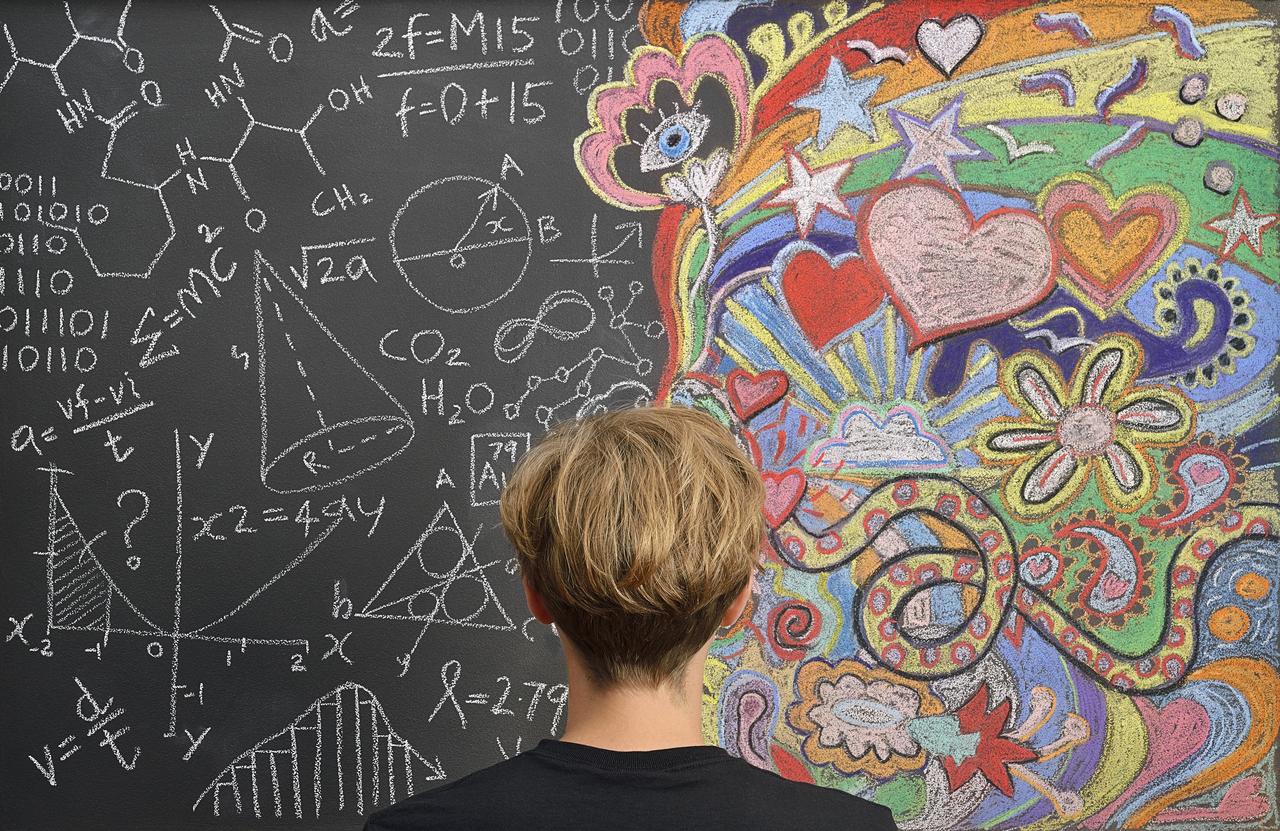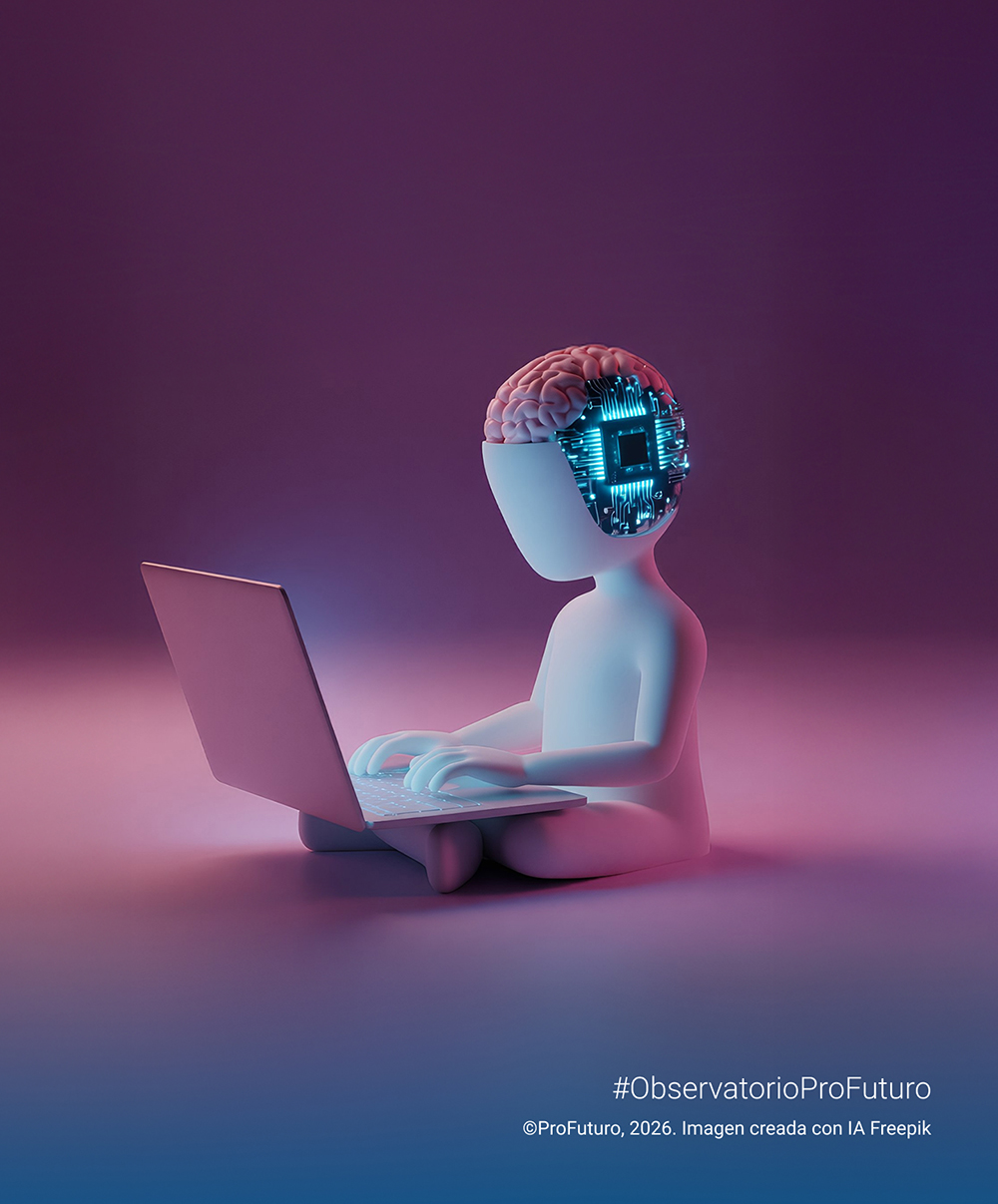Is it better to order two medium-sized pizzas or a family one? Why can’t you get the Messi sticker if the same number of stickers are printed for all the players? Why do computers crash? Can maths help to win a war? And to flirt? And to sign better baseball players for less money? Do you know why square numbers are given that name? Do you want to know which Beatle really composed the song In My Life? And who the hardest character to kill in Game of Thrones is? The answer to all these questions lies in mathematics.
Exciting subject. Hated subject.
“Everything is numbers”. Pythagoras said this thousands of years ago. Music, the movements of the planets and so on; everything can be expressed by means of numbers and the relationships established between them. Galileo referred to maths as “the alphabet with which the universe was written”. Many of the most incredible and mind-blowing things that happen on this planet are linked to or have been driven by maths. Perhaps, therefore, the most important question to be answered is the following one: How is it possible, if it’s so exciting and it gives rise to such incredible things, that it’s one of the most boring and hated subjects by students all over the world? What are we doing wrong when we teach it?
The experts are sure about one thing: there’s an urgent need to teach maths to all the world’s children. As we’ve seen, it not only helps us to understand our environment better, as it’s also vital for resolving the problems and challenges posed by the world we’ll live in, ranging from global warming to social and political problems such as migratory and health crises. Because, regardless of the profession we choose, maths will teach us to see the world upon the basis of its internal logic. To pose the right problems and be able to resolve them. If you want to be a competent citizen in the 21st century, you have to know how to use maths properly. These aren’t just the words of Pythagoras. PISA also says so in its theoretical framework for the mathematics tests in 2021.
However, despite the fact that we live in a more and more expressly mathematical world, the quality of the teaching of this subject is getting worse and worse at schools. So we find, on the one hand, bored and long-suffering students who fail to see the charm of the subject and, on the other, frustrated and unmotivated teachers who fail to spark an interest in their students. There are also institutions that observe, somewhat perplexed, as the students perform worse and worse in domestic and international tests and are at a loss when it comes to approving public initiatives and policies to remedy the situation.
Less repetition and more reasoning
What do the mathematicians think? Most of them agree; we’re teaching the subject poorly. For example, in Spain, the Cemat (Spanish Committee for Mathematics) has just sent a report to the Ministry of Education in which it argues that one of the biggest problems in the teaching of this subject is that there’s a need for “less repetition and memorising” and “more logical reasoning”. In the same vein, Conrad Wolfram, the physicist and mathematician from Cambridge University, also thinks that maths teaching is completely out of touch with today’s world and that the focus on doing calculations by hand ad nauseam, a task that takes up a large part of students’ time, no longer makes any sense in a world in which computers can do the same calculations much better and faster than we do. Maths is much more than that. For example, knowing how to ask the right question. And being able to take a problem and transform it into a mathematical problem in order to resolve it (by means of a calculation) and, finally, bring it back to the real world once it’s been verified. Wolfram believes that children should focus on learning how to complete all these steps because the calculations are already done by the computer. He explains the above in this Ted talk that’s had almost 1,800,000 views.
However, maths studies are undergoing an unprecedented surge. These “privileged” people who, in spite of everything, fall in love with it and observe and understand the world through its magic, are “specimens” in huge demand among companies in all the sectors. Two decades ago, a 5 (the pass mark) was enough to get onto Exact Sciences and Physical Sciences degree courses at Spanish universities. In 2018 they had the highest cut-off mark of all: 13.66 out of 14.
It’s evident that studying and learning maths properly is and will be increasingly important in enabling children to become the citizens required by the new society that we’re creating. This is true for all students around the world. There’s currently a major difference between the learning outcomes in the most and least developed countries. This gap cannot continue to grow. If maths is to play a decisive role in the future of the world, we must ensure that everyone can learn it. Fortunately, there are now educational programmes and proposals for the above. In the coming weeks we’ll take a look at the current situation facing maths in certain vulnerable contexts and some of the most innovative and suggestive programmes for teaching maths in the digital world that can bridge this great educational divide.






